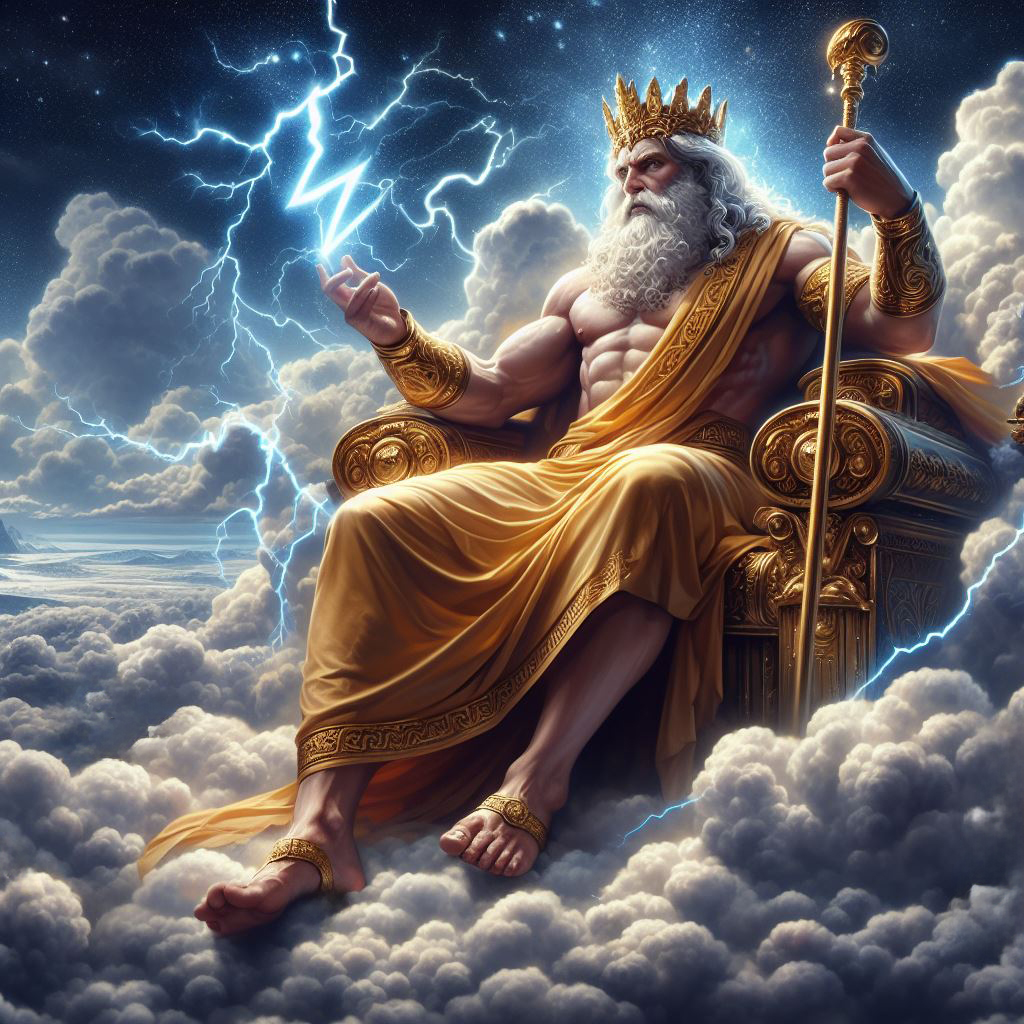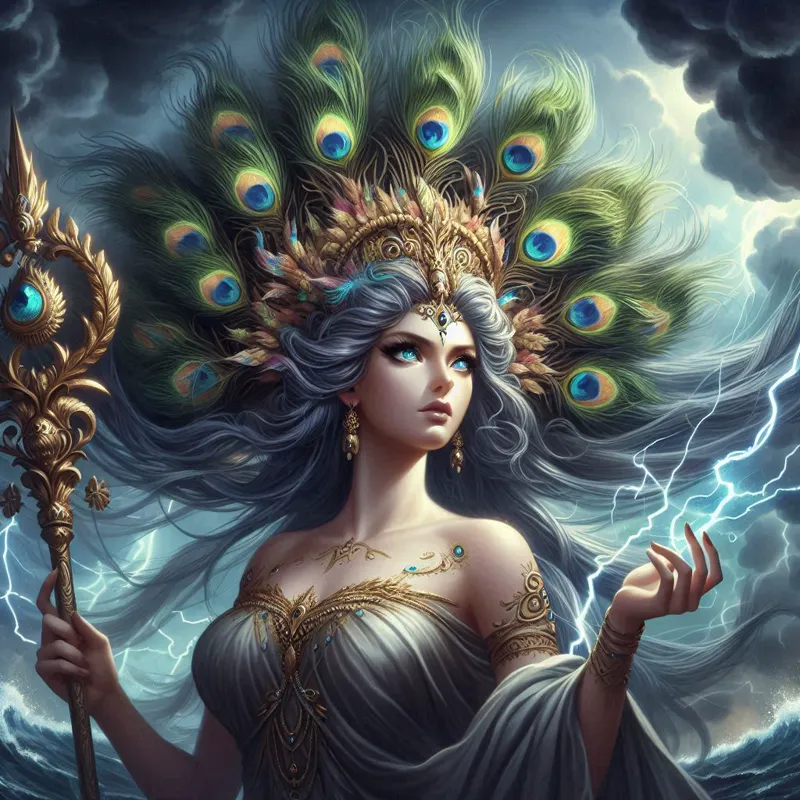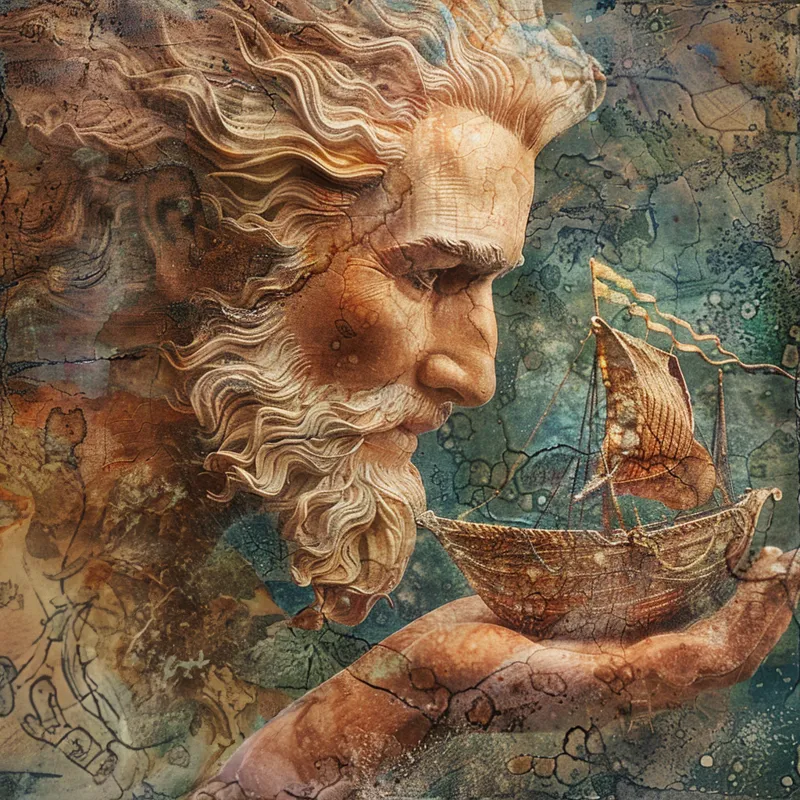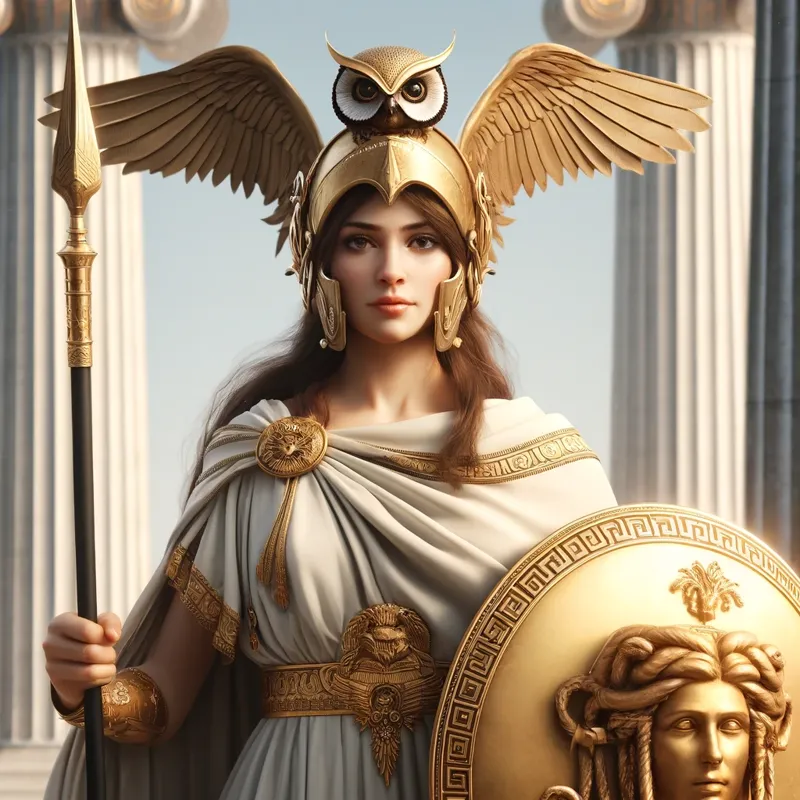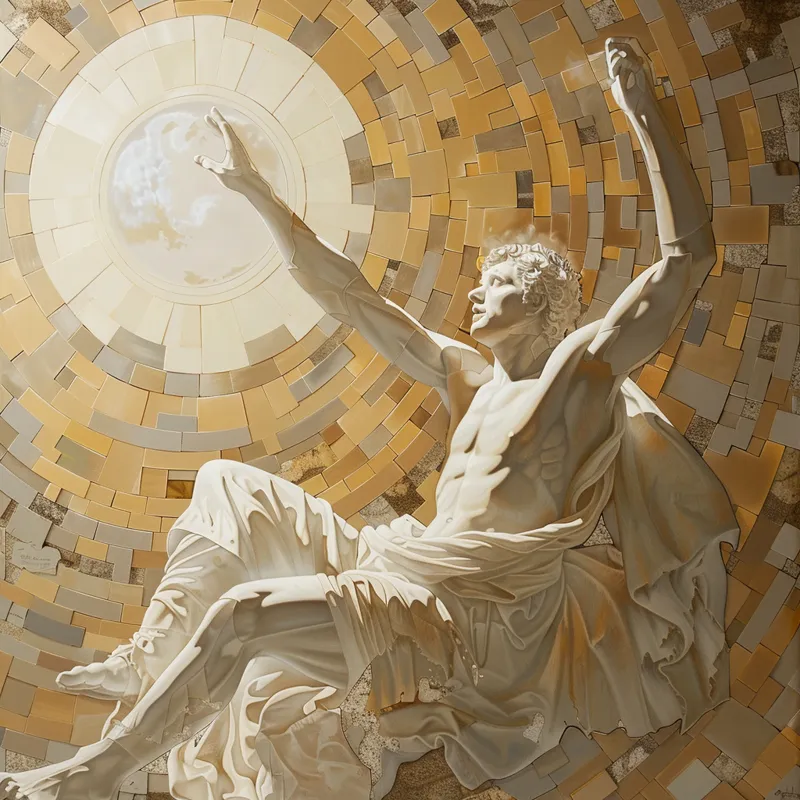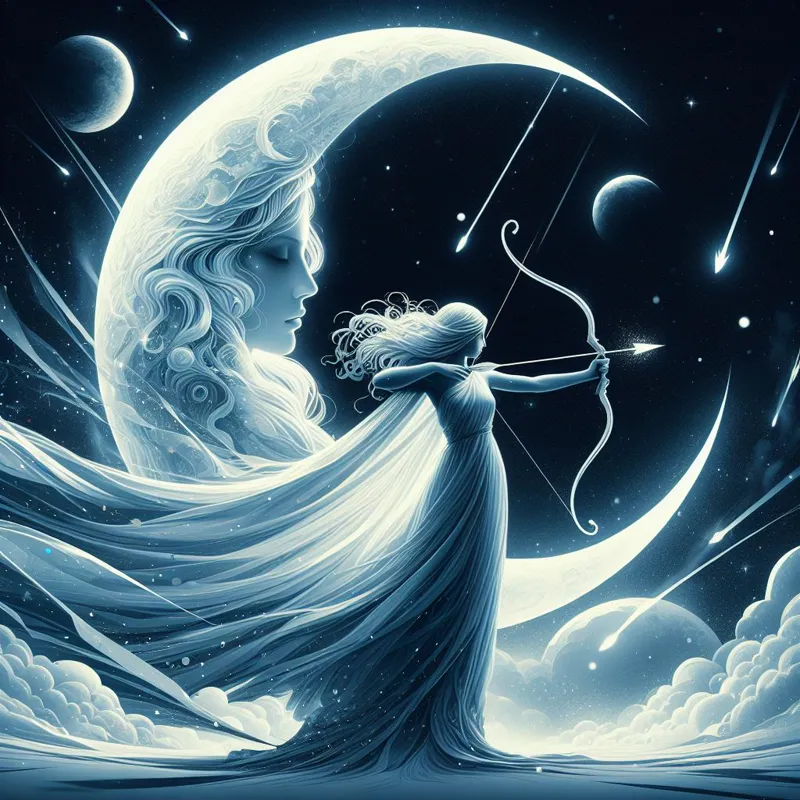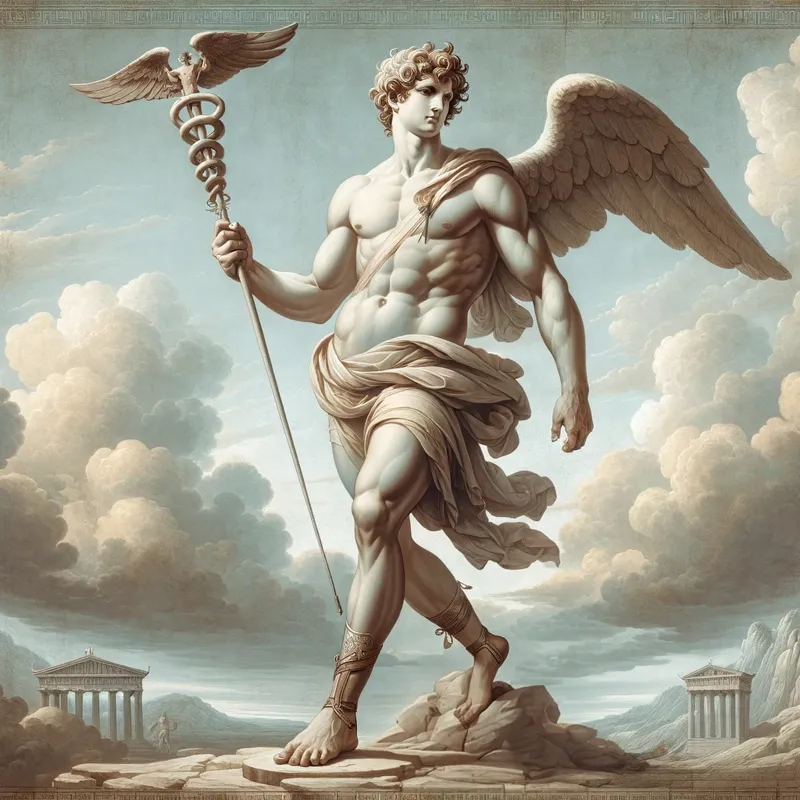
The tip of the spear
Ares, the ancient Greek god of war, stands as one of the most complex deities in classical mythology. Often depicted as the epitome of physical valor and violent warfare, Ares' persona embodies the brutal and chaotic nature of battle. Unlike his Roman counterpart Mars, who also symbolized agricultural fertility, Ares was almost exclusively associated with the savagery and bloodshed of war, making him less favored among the gods and mortals alike.
Origins and Family

Armed with culture
Ares was born to Zeus, the king of the gods, and Hera, the queen of Olympus. His lineage positioned him among the Olympian gods, a status that brought him both reverence and isolation.
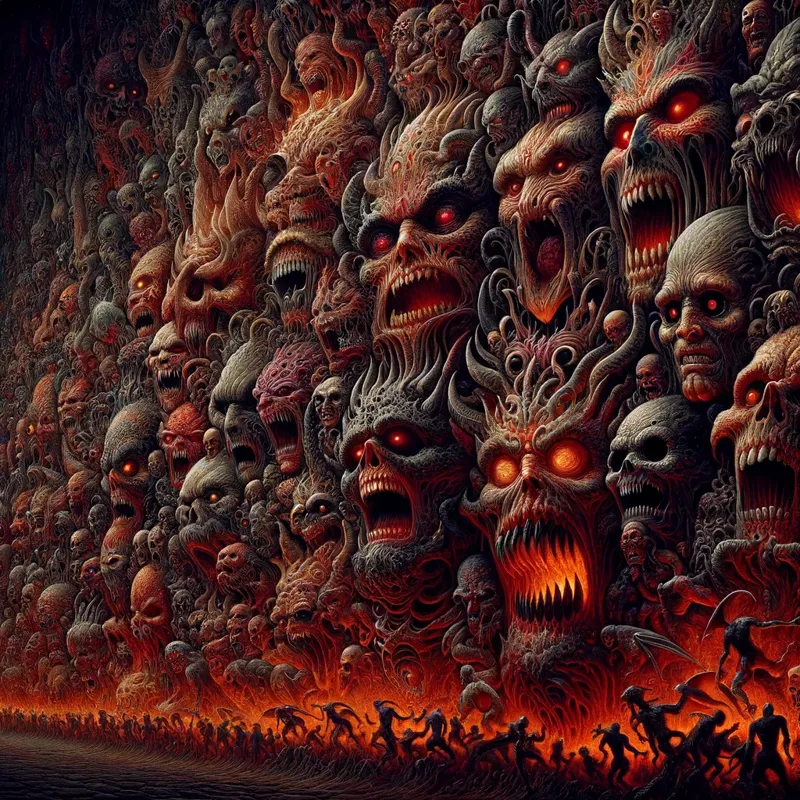
The infinite unknown terrors
Despite his divine heritage, Ares' relationship with his parents was tumultuous, as his violent tendencies and reckless aggression were a source of distress for them. His siblings included notable deities such as Athena, Apollo, and Artemis, with whom he shared various interactions, ranging from rivalry to collaboration.
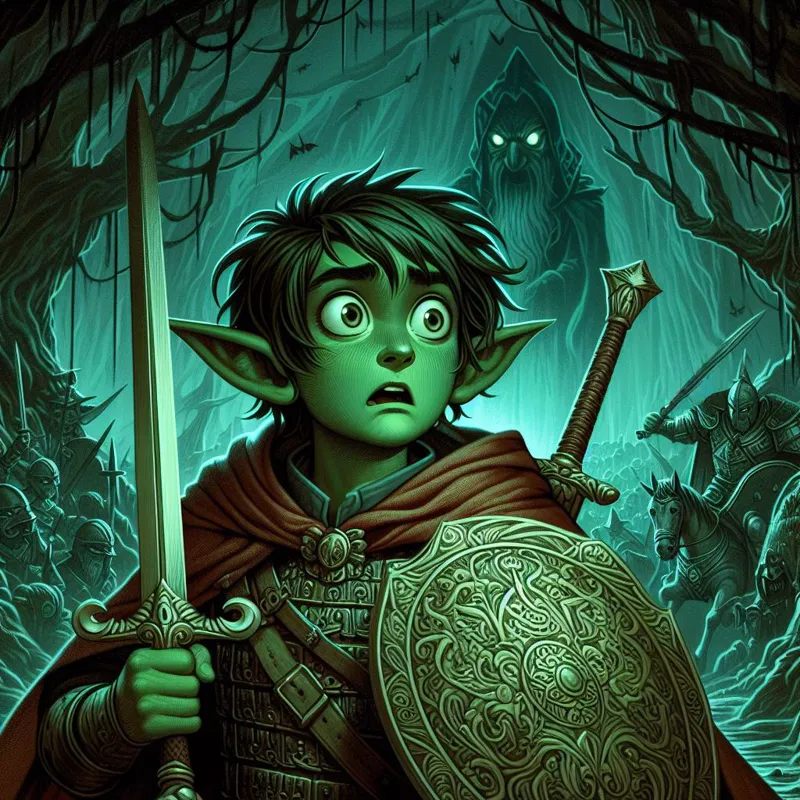
What can one do against so much hate?
Personality and Attributes

It's always better to act
Ares' personality is marked by his ferocious and unpredictable nature. He is often portrayed as insatiable in battle, reveling in the chaos of war without heed for justice or righteousness.
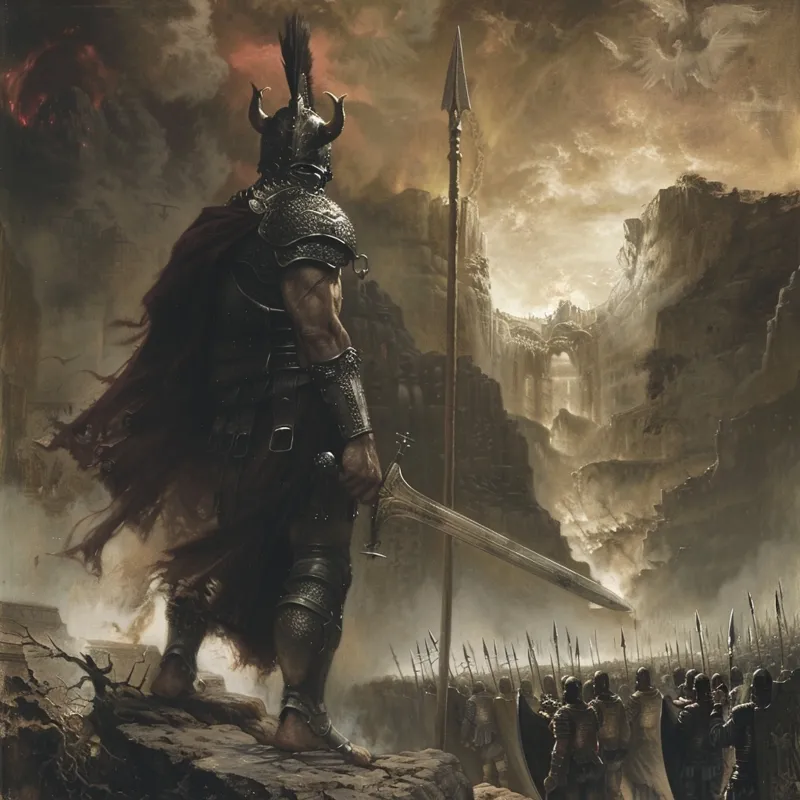
They are coming...
This made him a figure of fear and awe, respected for his strength and warrior skills but also avoided for his destructiveness. Ares' physical attributes, including his imposing armor and helmet, further accentuated his martial prowess, making him an iconic symbol of war.
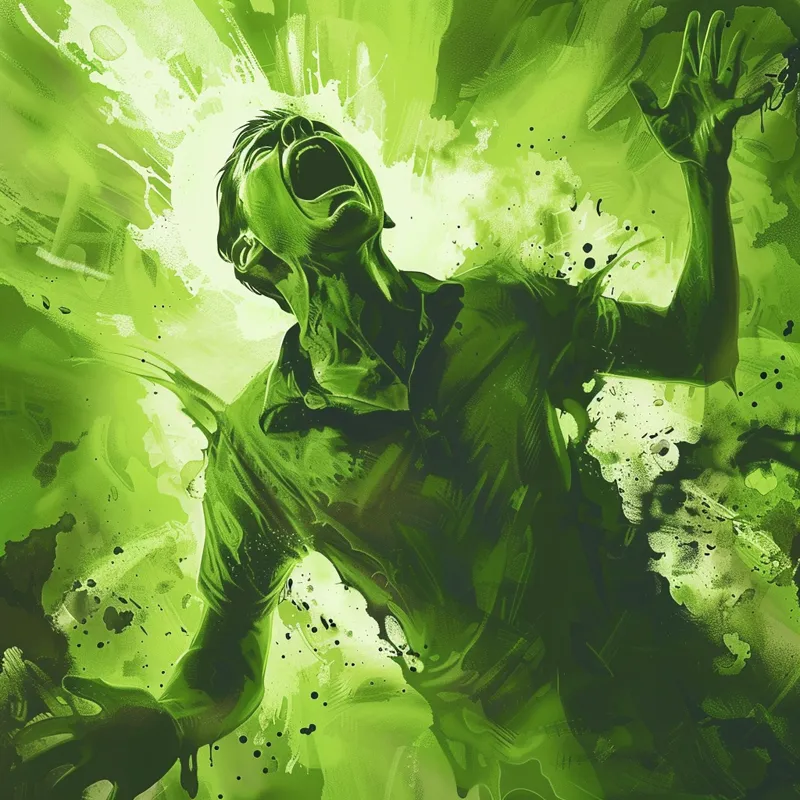
Despair
Worship and Cult

Follow me!
Despite his fearsome reputation, Ares had centers of worship in ancient Greece, particularly in Sparta, where martial prowess was highly valued. The Spartans, renowned for their military strength, saw in Ares a divine patron that embodied their ideals of bravery and warfare.
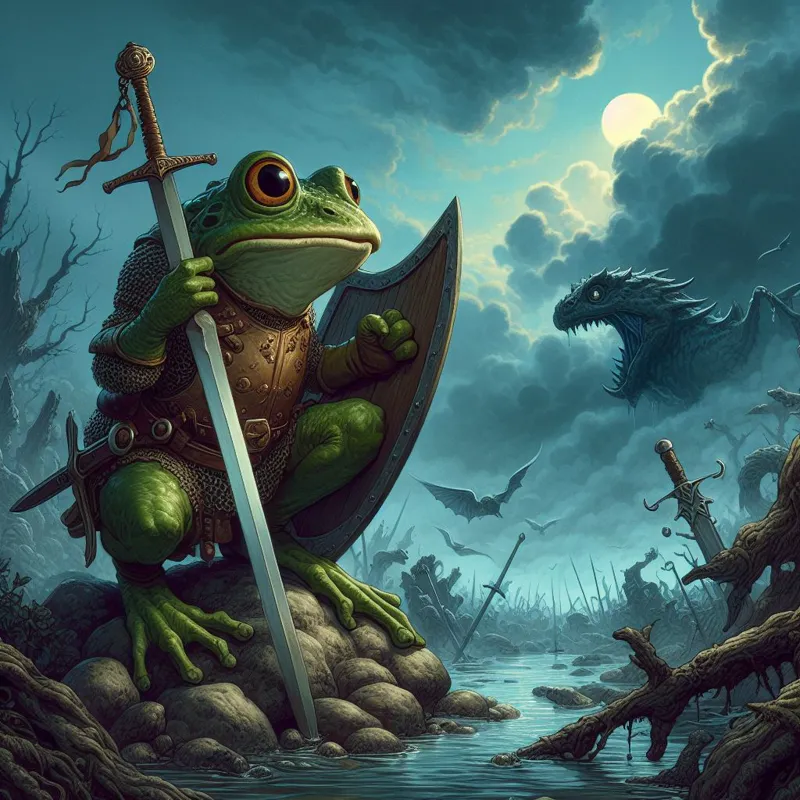
Double edged sword
His cult was not as widespread as that of other deities, but in places where it flourished, it involved rituals and sacrifices meant to appease his volatile spirit and gain his favor in battle.
Ares in Mythology
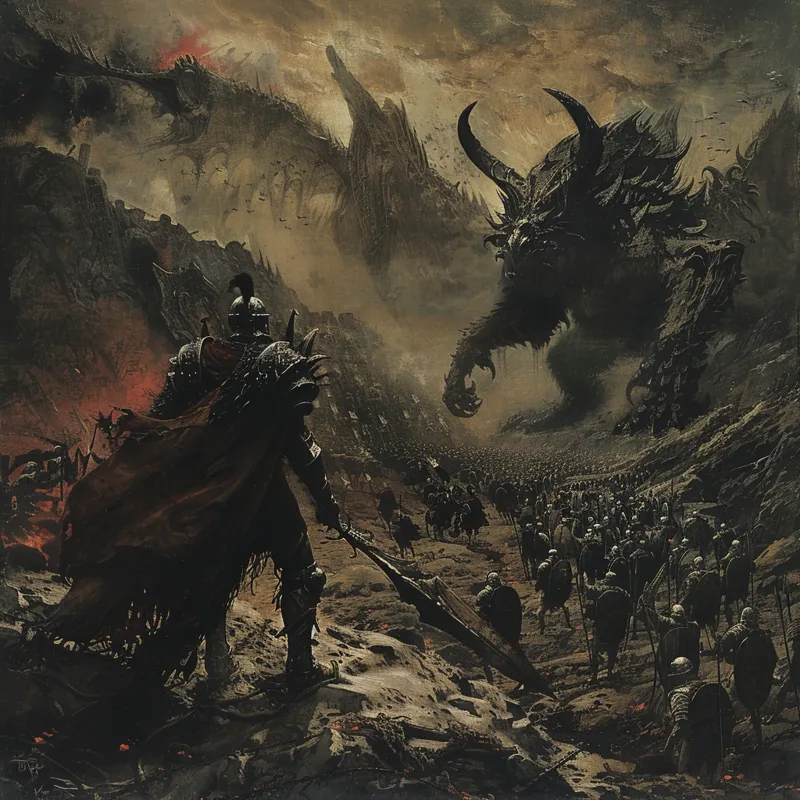
And when you gaze long into an abyss, the abyss also gazes into you
Ares features prominently in various mythological tales, often highlighting his martial aspects and conflicts with other gods and heroes. One notable story is his involvement in the Trojan War, where he fought on the side of the Trojans, clashing with Athena and Hera, who supported the Greeks.
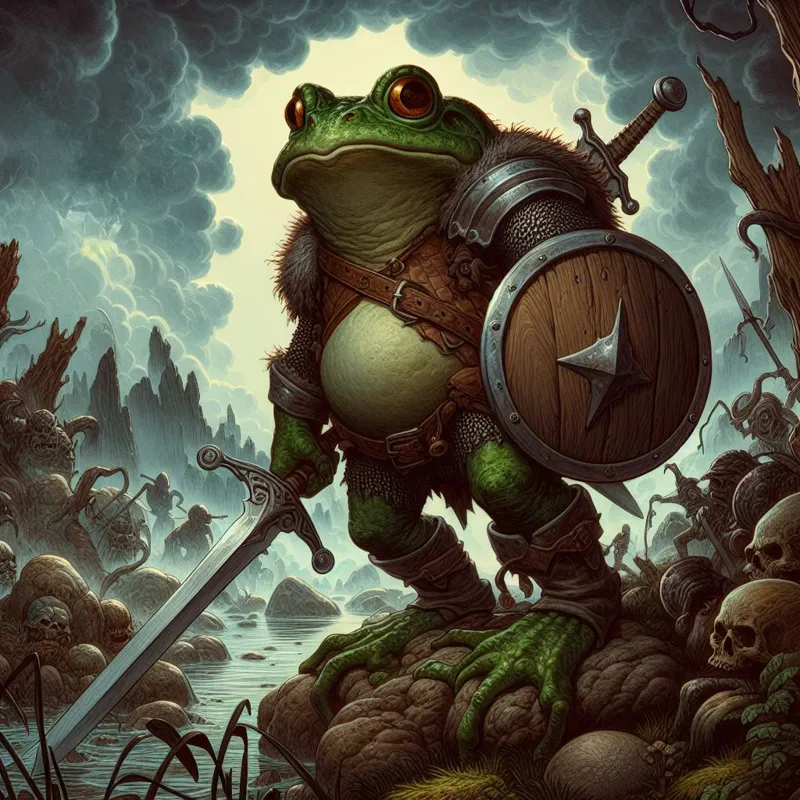
Metamorphosis
His tumultuous affair with Aphrodite, the goddess of love, resulted in a number of offspring, further intertwining his legacy with other myths and deities.
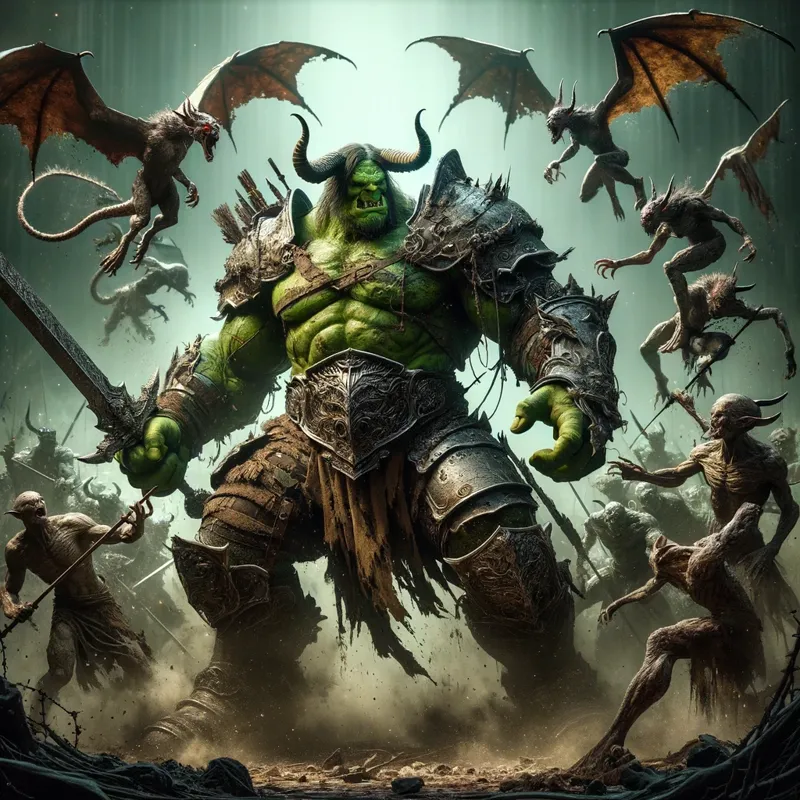
Armaments of demons
Relationship with Other Gods
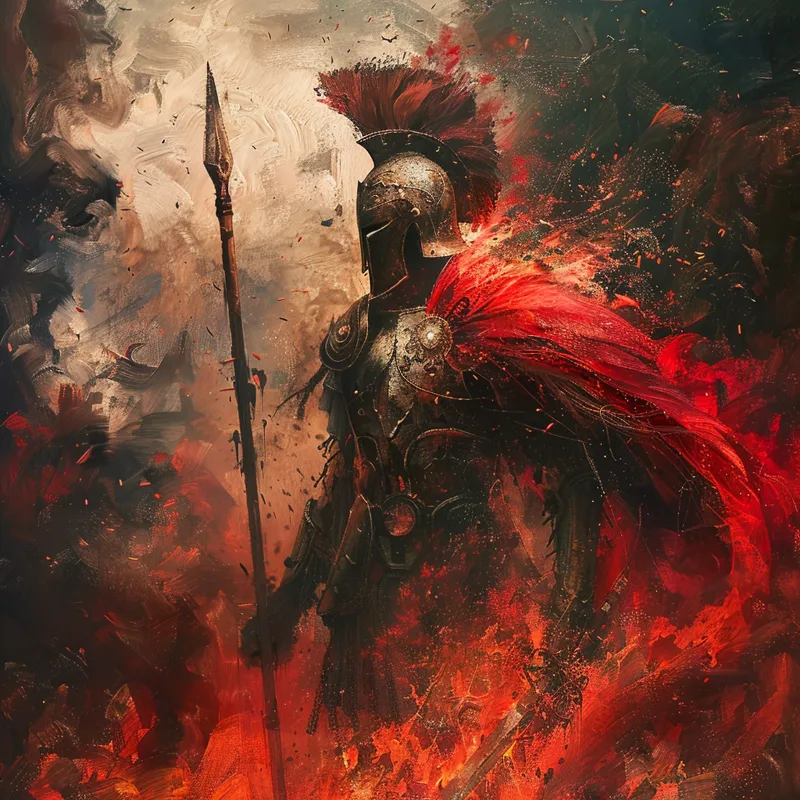
Only our own flames can temper the steel
Ares' relationship with other gods was complex and fraught with conflict. His confrontational nature led to numerous altercations, most notably with Athena, the goddess of wisdom and strategic warfare.
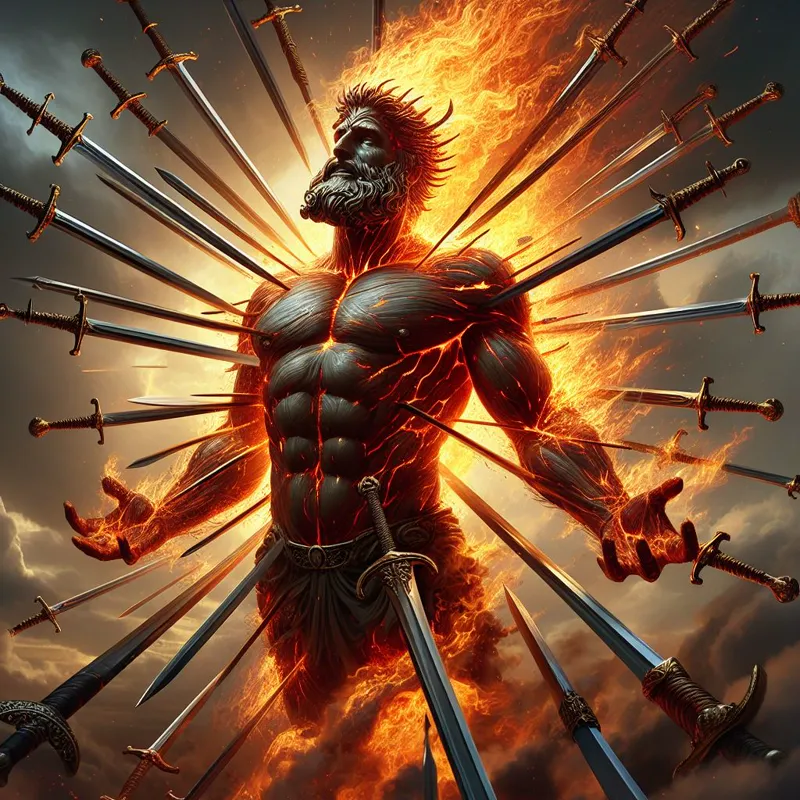
A sacrifice for power
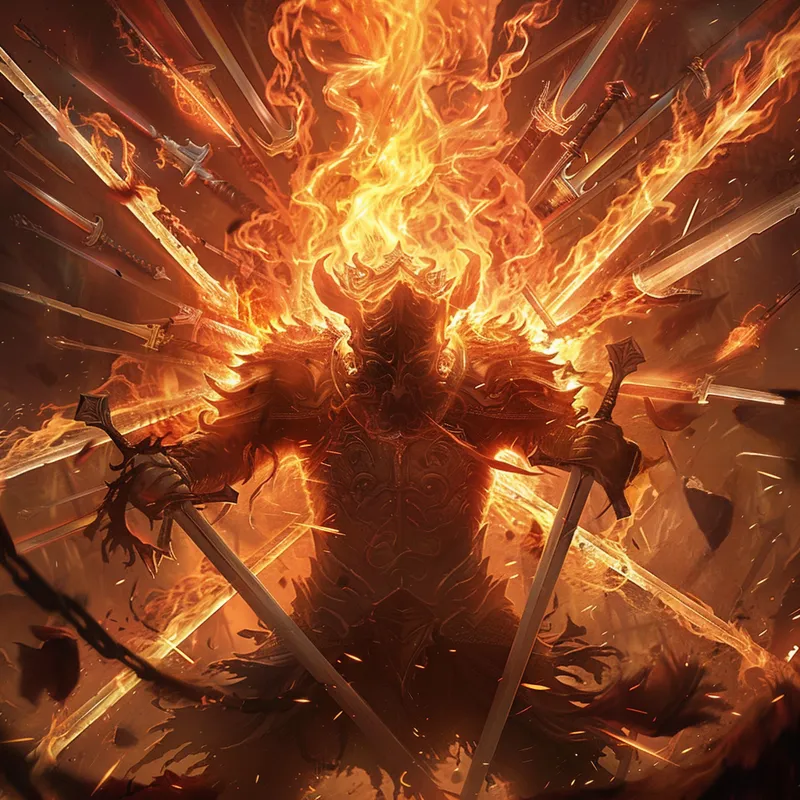
Soldier
Unlike Ares, who represented the chaotic and brutal aspects of war, Athena symbolized its more strategic and just elements, creating a dichotomy between their respective domains. This tension underscored the multifaceted nature of war and conflict in ancient Greek culture.
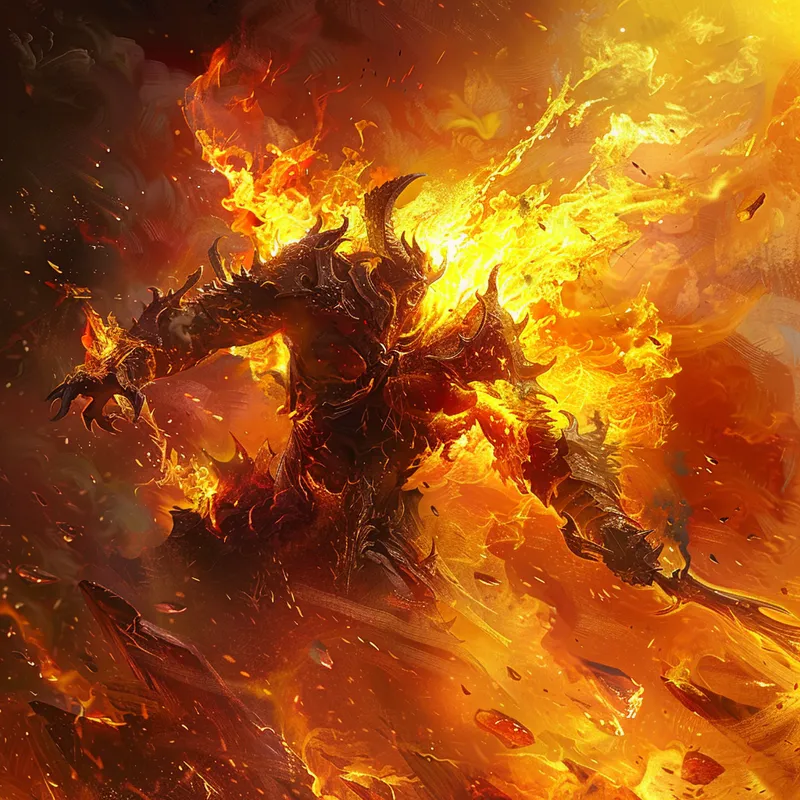
Apotheosis
Ares and the Dichotomy of War
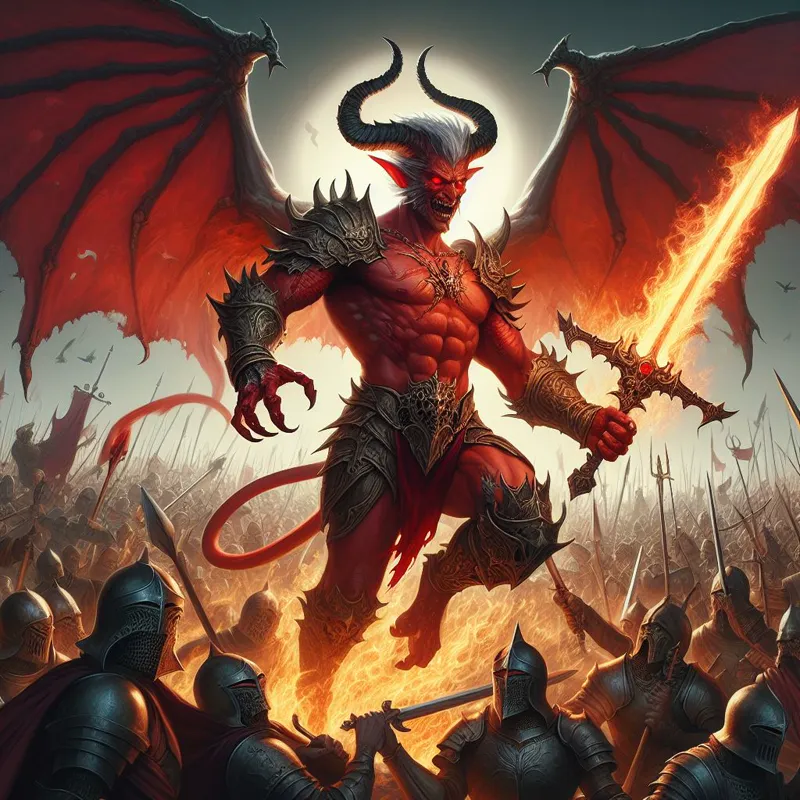
God of war
Ares embodies the dual nature of war, encapsulating both its glory and its horror. This dichotomy is at the heart of human history and civilization, where war has been both a driver of progress and a harbinger of destruction. Ares, in his rawest form, represents the unbridled chaos and fury of battle, untamed by strategy or moral considerations.
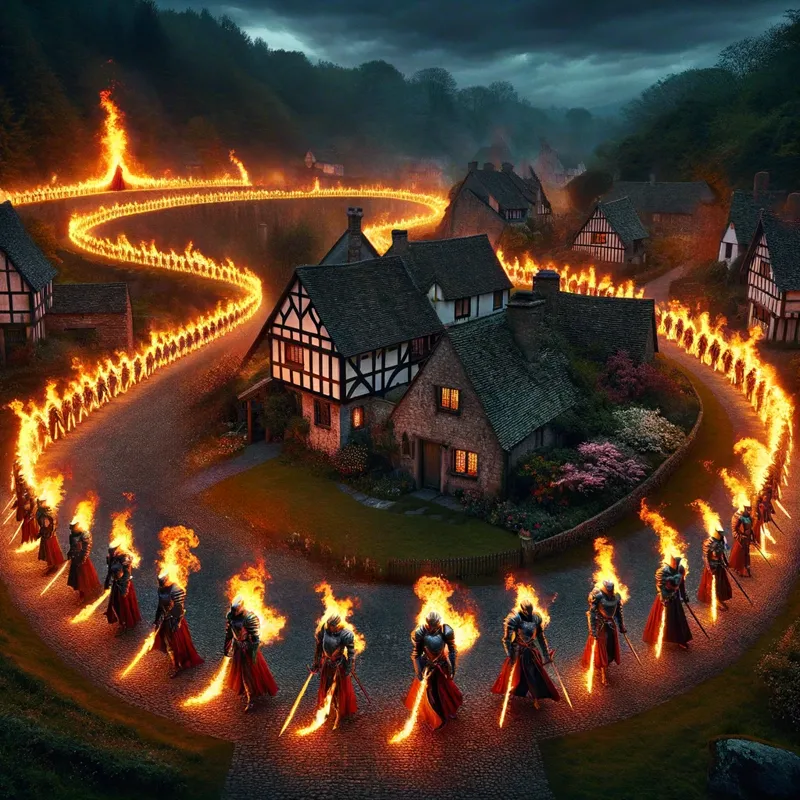
The power to protect
This aspect of war, driven by primal aggression and the will to dominate, reflects the basest human instincts for survival and conquest. Yet, within this chaos lies the potential for heroism, courage, and the defense of what is held dear, qualities that Ares also symbolizes in his moments of valor.
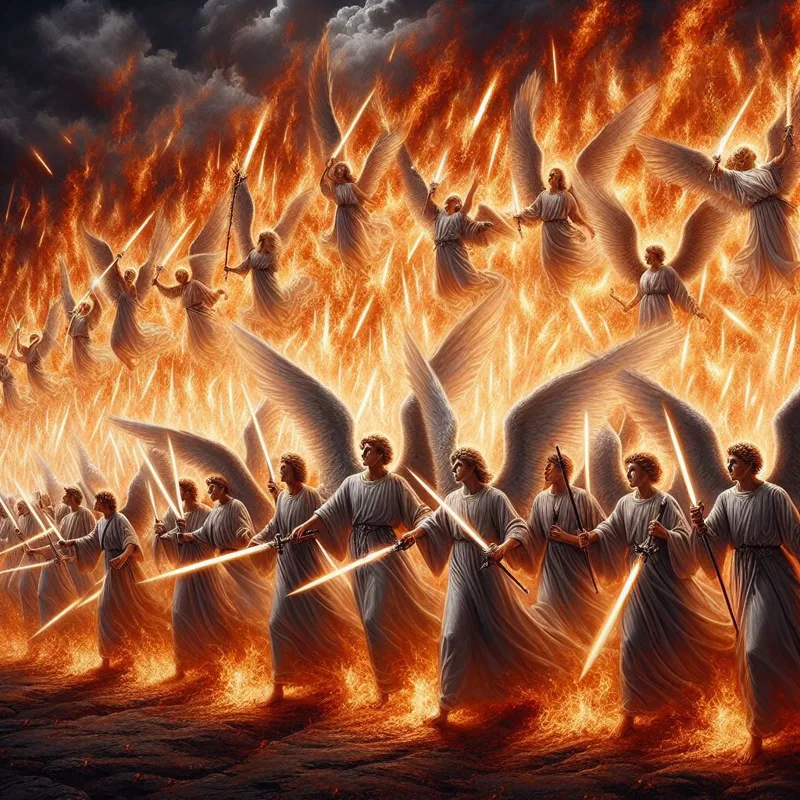
Angels of mercy
The god's portrayal in mythology and his worship in ancient cultures underscore the acceptance of war's inevitability and its integral role in the human saga. The reverence of Ares, despite his volatile nature, acknowledges the necessity of embracing and understanding the martial aspects of existence. This acknowledgment extends to the personal battles individuals face, metaphorically invoking the spirit of Ares in overcoming obstacles and adversaries.
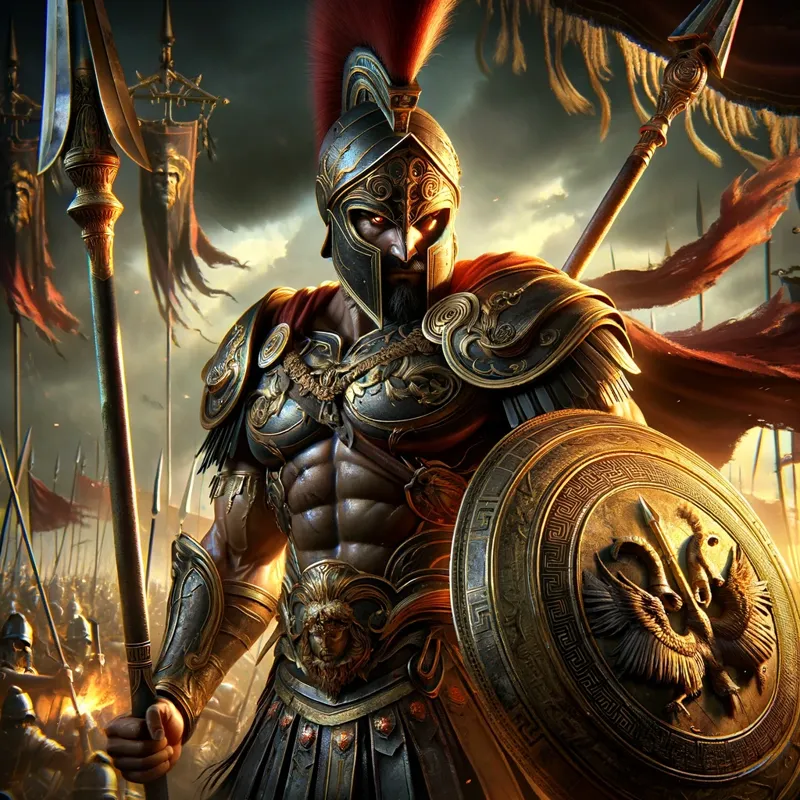
I am the god of hope... that you will survive the next 10 minutes
The ongoing fascination with Ares and his domain underscores humanity's continuous struggle with the paradox of war—its capacity to foster unity and division, to advance civilization and to precipitate its downfall.
Ares, the ancient Greek god of war, encapsulates the duality of war's nature—its capacity for both valor and devastation. His complex persona, marked by fierce aggression and moments of tenderness, particularly in his relationships and offspring, illustrates the multifaceted character of the divine in mythology. Through the ages, Ares has remained a figure of fascination, embodying the eternal human struggle with the forces of war and peace.


